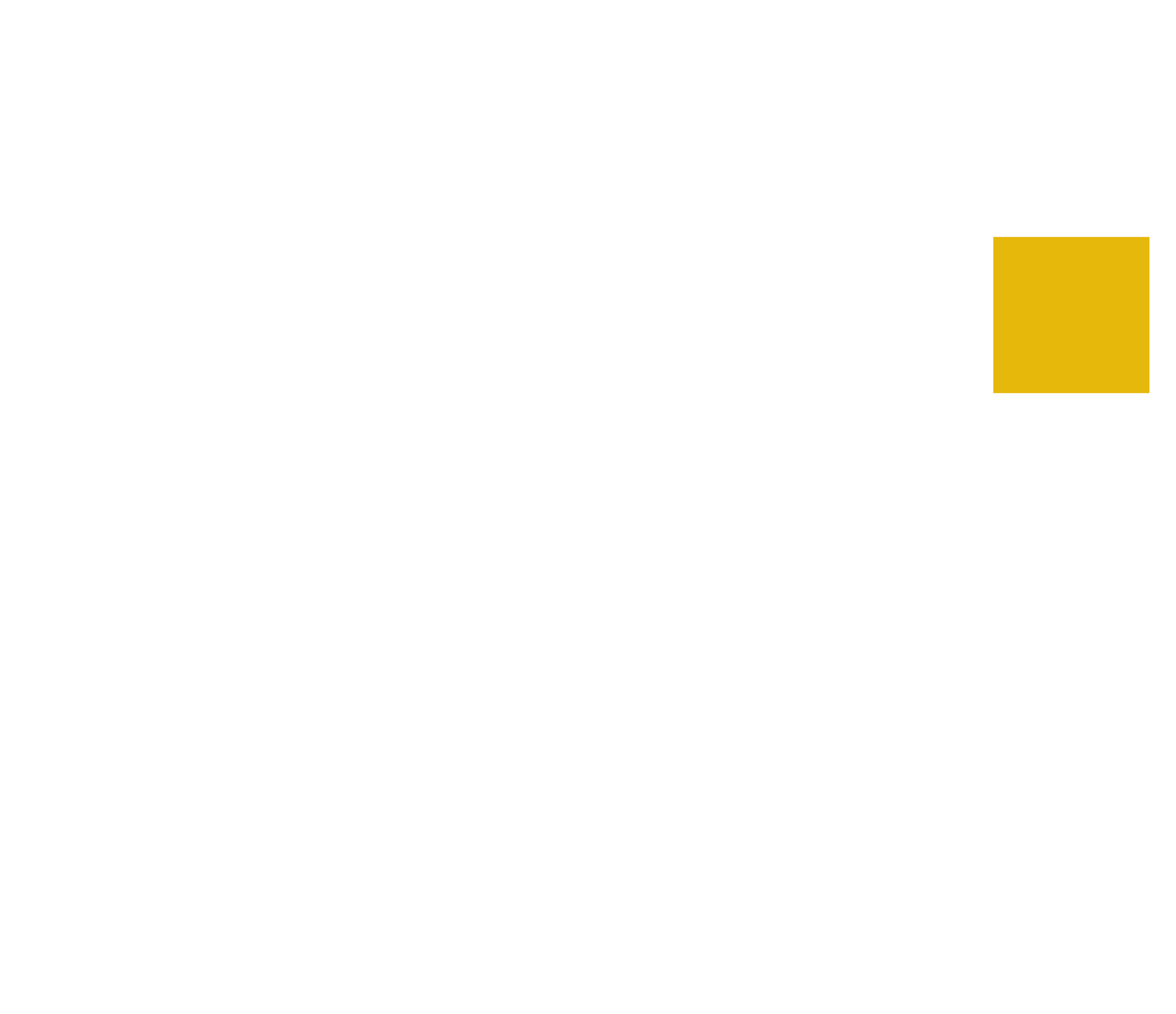Dr. Gillian Tett, OBE, Financial Times columnist and anthropologist, was invited by Odgers to attend our annual People & Culture Dinner as keynote speaker. Over 130 Chief People Officers from diverse sectors joined us to interact with the discussion on the emergence of ‘Generation P’.
Drawing on her background in anthropology and decades of experience in global finance and media, Dr. Tett unpacked two profound shifts transforming how we live and lead: the reconfiguration of trust and the rise of what she calls ‘Gen P’.
The New Trust Equation
Trust has not vanished, but it has evolved. Historically, societies relied on two primary forms: vertical trust in institutions, leaders, and experts; and horizontal trust among peers and communities. These coexisted, reinforcing social cohesion.
Today, a third form has emerged: digitally scaled horizontal trust. Whether choosing a restaurant, a news source, or even a doctor, younger generations increasingly turn to online reviews and communities over traditional authorities. This shift is reshaping how influence is earned - and how leadership must respond.
Generation Pick-and-Mix
The second major shift Dr. Tett highlighted is the emergence of Generation P - a cohort defined by its preference for personalisation and optionality. Historically, individuals were largely seen as shaped by the societies in which they lived - a view that still holds in many parts of the world. However, the Enlightenment - a pivotal intellectual movement in 17th- and 18th-century Europe - introduced a pivotal shift in thinking, particularly in the West: the idea that society is shaped by individuals, not the other way around.
In the workplace, this shift is reflected in growing expectations for flexibility, choice, autonomy, and purpose - challenging traditional norms around such as areas as working patterns and career evolution.
These changing expectations mirror a broader transformation in how trust and authority are perceived, raising considerations for leadership, ethics, and organisational effectiveness.
AI as a Peer, Not a Master
AI is both a product and a driver of this shift. Agentic AI bots thrive on our desire for tailored experiences by gathering vast amounts of personal data and providing services that are highly individualised. This level of personalisation makes AI immensely appealing and integrated into our day-to day activities in a very intimate manner, primarily through our smartphones, and is perceived as part of our horizontal trust network.
AI is also becoming an integral part of our lives, often seen as a peer rather than an authority figure. This perception helps explain why many Gen Z individuals trust AI bots more than human doctors.
The reasons for this trust include the constant availability of AI bots, their personalised approach, and their apparent ability to understand users better than humans.
Additionally, AI bots provide information and services in a neutral fashion and without the perceived authoritative tone that can sometimes be associated with human professionals.
Implications for Leadership
The generational shift towards customisation and peer trust is here to stay. Leaders are adapting by embracing diverse communication channels and understanding the underlying expectations driving workplace dynamics. Understanding the rationale and emotion behind Gen P’s expectations is critical to bridging generations and building workplaces that are both inclusive and ‘future ready’.
The Odgers People & Culture team would like to thank Dr. Tett warmly for her thought provoking address and engagement with our Chief People Officer community.
__________________________________________________________
Get in touch. Follow the links below to learn more, or connect directly with our dedicated executive search experts at your local Odgers office.

Never miss an issue
Subscribe to our global magazine to hear our latest insights, opinions and featured articles.
Follow us
Join us on our social media channels and see how we're addressing today's biggest issues.




